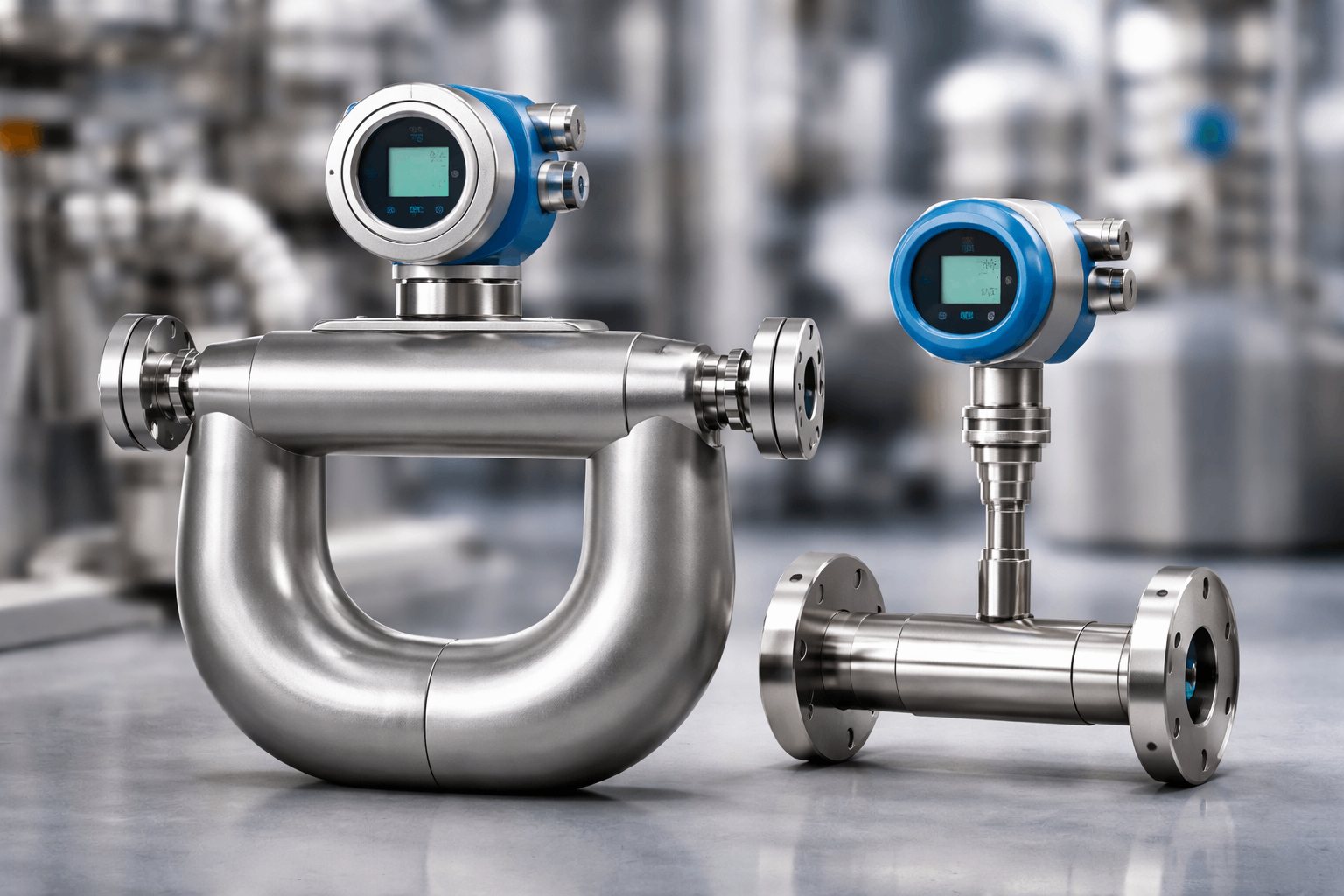In today's world, industrialization has brought about numerous benefits, but it has also led to the generation of toxic and hazardous wastes. These wastes pose significant risks to human health and the environment. Understanding which industries produce the most toxic and hazardous wastes is crucial for implementing effective waste management strategies. In this article, we will delve into the various industries that contribute significantly to this issue, highlighting their impact and potential solutions.
- Chemical Manufacturing Industry:
The chemical manufacturing industry is notorious for producing a wide range of toxic and hazardous wastes. From pharmaceuticals to pesticides, this industry generates substances that can have severe consequences if not handled properly. Chemical spills, improper disposal, and emissions during production contribute to the environmental and health risks associated with this industry. - Electronic Waste Recycling:
With the rapid advancement of technology, electronic waste (e-waste) has become a growing concern. The improper handling and disposal of electronic devices release toxic substances such as lead, mercury, and cadmium into the environment. E-waste recycling facilities, although essential for reducing electronic waste, often lack proper infrastructure and technology to handle these hazardous materials effectively. - Mining and Ore Processing:
Mining operations, particularly those involving metal ores, produce large quantities of toxic and hazardous wastes. The extraction and processing of metals like gold, silver, and copper involve the use of chemicals such as cyanide and sulfuric acid. Improper storage and disposal of mining waste can lead to water and soil contamination, posing risks to ecosystems and human health. - Petroleum Refining:
The petroleum refining industry is another significant contributor to toxic and hazardous waste production. The refining process generates various by-products, including heavy metals, volatile organic compounds (VOCs), and sulfur compounds. Accidental spills, leaks, and emissions from refineries can contaminate soil, water bodies, and the air, leading to severe environmental and health consequences. - Healthcare Sector:
While the healthcare sector plays a crucial role in saving lives, it also generates a substantial amount of hazardous waste. Medical facilities produce infectious waste, pharmaceutical waste, and chemical waste, which require careful handling and disposal. Inadequate waste management practices in healthcare settings can lead to the spread of diseases and environmental contamination.
Solutions and Mitigation Strategies:
To address the issue of toxic and hazardous waste production, several measures can be implemented:
- Strict Regulations: Governments should enforce stringent regulations and standards for waste management in industries, ensuring proper handling, storage, and disposal of hazardous materials.
- Technological Advancements: Encouraging research and development of cleaner production technologies can help minimize waste generation and promote sustainable practices in industries.
- Recycling and Resource Recovery: Emphasizing the importance of recycling and resource recovery can reduce the reliance on raw materials and minimize waste generation.
- Public Awareness and Education: Educating the public about the risks associated with toxic and hazardous wastes can foster responsible consumption and waste management practices.
Conclusion:
The production of toxic and hazardous wastes is a significant concern across various industries. Chemical manufacturing, electronic waste recycling, mining, petroleum refining, and the healthcare sector are among the top contributors. By implementing strict regulations, promoting technological advancements, and raising public awareness, we can mitigate the adverse effects of these wastes on human health and the environment. It is crucial for industries to prioritize sustainable practices and take responsibility for the proper management of their waste streams.









+ There are no comments
Add yours